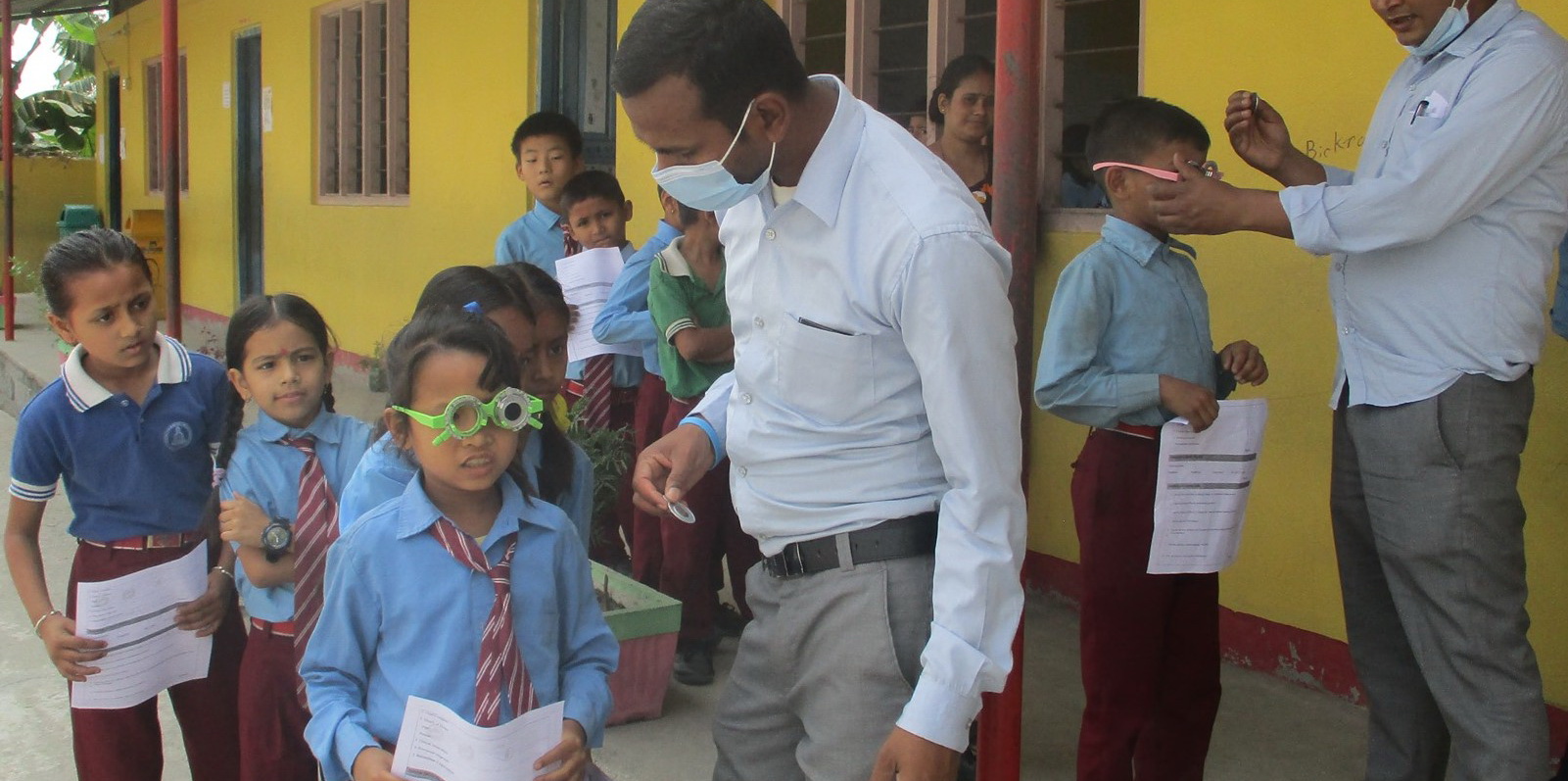History of the program
The Karuna Foundation was established in 2007 to improve the lives of children with a disability in developing countries. Nepal was identified as a country with a high need in this respect, a lack of good care, and potential for development. The social entrepreneurs and development specialists Deepak Raj Sapkota and Yogendra Giri started the Karuna Foundation to develop disability-inclusive societies in Nepal under the adagio of ‘saving children from disability, one by one’. With private money, shared ambitions for innovative system change, and a willingness to continuously learn and adjust, they developed and piloted the Inspire2Care program in close cooperation with the local Governments. Pilot programs were implemented, tested, and evaluated in fifteen villages in the districts of Kavre, Sunsari, and Rasuwa – between 2008 and 2015. After they learned what could be achieved with their approach and interventions, it was decided to scale up Inspire2Care. In the district of Ilam, in the hilly far-east of the country, the program was replicated in all ten municipalities (formerly 46 villages and three municipalities) from 2015 onwards. Also, a cooperation with the Netherlands Leprosy Relief (NLR) resulted in the adoption of Inspire2Care in their approach in three villages in the district of Jhapa.
In 2019, the success of this program and the accumulated knowledge and experience formed the basis for a major new government program in Province 1 and 58 municipalities, the “Disability Prevention and Rehabilitation Program” (DPRP). In 2023 plans were developed for the implementation in the second half of the Province (the remaining 59 municipalities). Full replication of the DPRP Phase 1 was both financially difficult to achieve and conceptually not very sensible. In the so-called DPRP 2.0, the “lessons learned” have been incorporated and efficiency gains have been made, making the program feasible, affordable, and scalable in the eyes of the team in Nepal.

